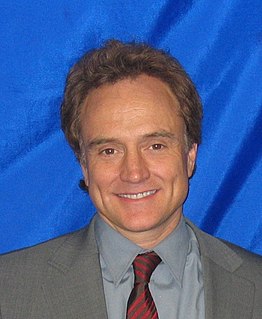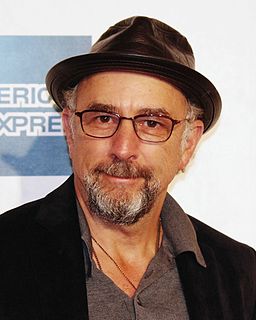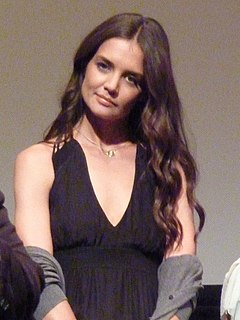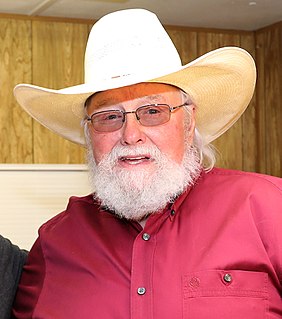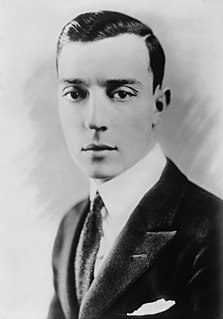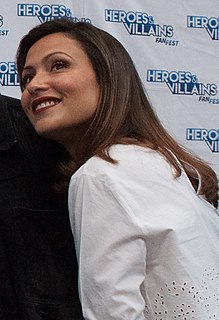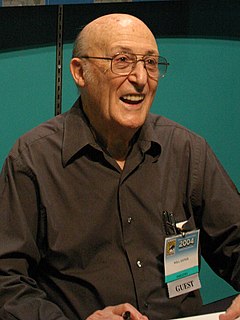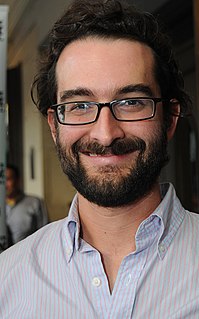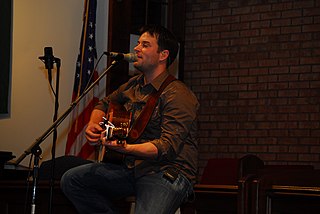A Quote by Bradley Whitford
I am an old, old friend of Aaron Sorkin's, who is the executive producer and writer. He had been talking about doing a political show for a long time and I had been interested in it for a long time. The moment I became available, he called me last year and asked me if I wanted to do it and then I just had to audition for the powers that be, and I got it.
Related Quotes
My contract with mercury PolyGram Nashville was about to expire. And I never had really been happy. The company, the record company, just didn't put any promotion behind me. I think one album, maybe the last one I did, they pressed 500 copies. And I was just disgusted with it. And about that time that I got to feeling that way, Lou Robin, my manager, came to me and talked to me about a man called Rick Rubin that he had been talking to that wanted me to sign with his record company.
I had been used to improvising and even in the audition I was feeling free to rearrange Aaron Sorkin words a little bit, as lovely as they were. I didn't find out until after I got the part how furious Aaron was at me for doing that. They said, "He was livid. He did everything in his power not to jump down your throat!" But I came to realise that Aaron was writing in metre and the rhythm of the language is very important.
I think it was around the time of doing those shorts. [Producer] Christine Vachon, I had a meeting with her, and she mentioned the short, this AOL short, and asked if I wanted to do one. And then the next step was the "30 for 30," and again that boosted my confidence enough to decide I'm going to do a feature narrative. And I was supported by my agency, and [producer] Jane Rosenthal has been an exceptional friend, and she produced "All We Had," she encouraged me to do the "30 for 30."
I grew up doing theater when I was very young - always enjoyed it. Studied it in college, got my degree in it, and never really had the guts to do it professionally. But one summer, a friend of mine was with an extras agency and asked me if I wanted to be an extra with him in a movie, and I was, like, "Sure." At lunch, the writer came up to me and asked me to audition for a role. I got it, and it sort of snowballed from there.
I was fired from my own television show, CBS's Family Law. It was the second time this had happened in my career, the first being when I was fired from The Facts of Life. I had been grateful to work in TV for so long but had always been chasing a career as a feature writer-director and had completely failed.
That's critical to me, the community. When I was 12 years old, I had a mental breakdown; I went berserk for a long time. I felt rejection from the white community. Couldn't understand why the pigmentation of my skin kept me from doing. Everybody always told me "You're going to be something." And of course, I began to raise questions about why it is that white folks treat us the way they do. The breakdown was very vivid. I just all of a sudden felt like I had been overcome by a train.
By the time I got to high school, I didn't play anything but baseball because I was on a mission. I really wanted to get a scholarship. I really wanted to focus all my time and efforts on baseball. When I got up to Florida State, God spoke to me very clearly and called me out of that and called me into music, which up until that point had just been a hobby.
